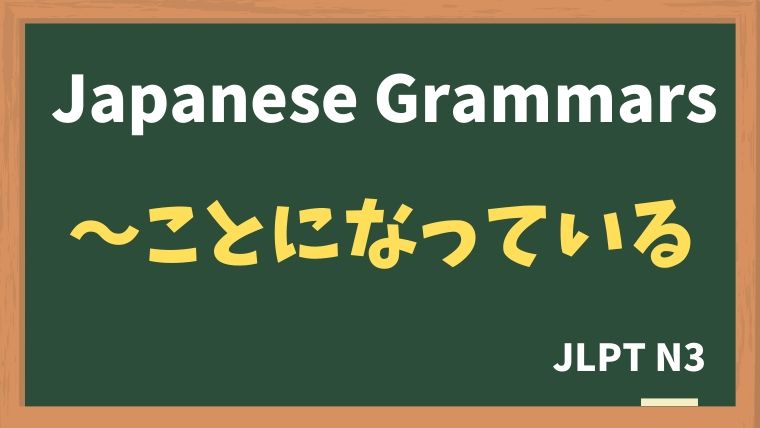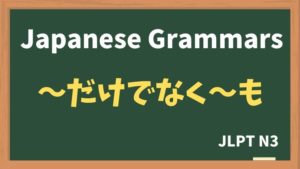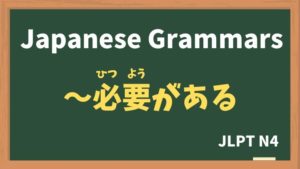
Explanation:〜ことになっている
fa-check-circleMeaning
"Rules, customs or schedules that has been decided"
Used to indicate that something has been decided or established as a rule, plan, or expectation. It often conveys a sense of obligation or something that is supposed to happen according to a predetermined arrangement.
fa-check-circleForm
V(dictionary form / nai form) + ことになっている
fa-check-circlePoints
- Expresses Rules or Decisions: "〜ことになっている" is often used to state that something has been decided as a rule, policy, or plan.
- Indicates Expected Outcomes: It can also express what is expected to happen based on a prior decision or agreement.
- Can Convey Social Norms or Practices: This expression can also describe customs, social norms, or things that are generally understood to be the case.
fa-check-circleJLPT Level
N3
Sample sentenes
この会社では、毎朝5分、体操をすることになっています。
In this company, we are required to do 5 minutes of exercise every morning.
アルバイトは出勤したら、タイムカードを押すことになっています。
Part-time employees are required to punch in their time cards upon arrival.
バイトを休みたいときは、休みたい日の1週間前までに連絡することになっています。
If you want to take a day off from work, you are required to notify your supervisor at least one week in advance.
ゴミは月曜日と水曜日に出すことになっています。
Trash is required to be put out on Mondays and Wednesdays.
この会社では、水曜日は残業してはいけないことになっています。
In this company, overtime work is not allowed on Wednesdays.
私のマンションではペットを飼ってはいけないことになっています。
In my apartment complex, pets are not allowed.
私の家では、土曜日は私がご飯を作ることになっています。
In my house, it is my responsibility to cook meals on Saturdays.
この会議では、英語で話すことになっています。
In this meeting, it is decided that we speak in English.
Vocabulary
| Japanese |
English | |
| 体操する | たいそうする | to exercise |
| - | アルバイト | part timer |
| 出勤する | しゅっきんする | to go to work |
| - | バイト | part time job |
| 残業する | ざんぎょうする | to work overtime |
| 会議 | かいぎ | meeting |






